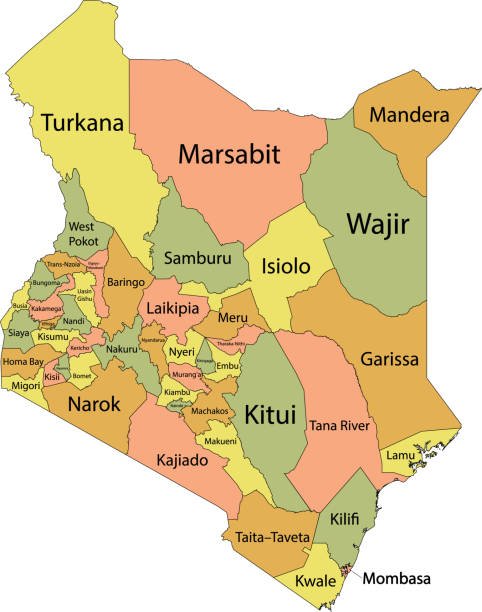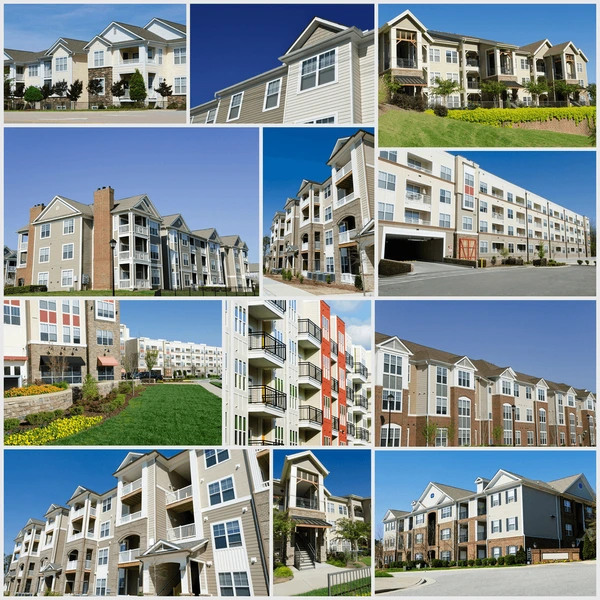Overview of the Kenyan Real Estate Market
Kenya’s real estate sector has evolved significantly over the past decade, transitioning from informal transactions to a more structured and regulated industry.
Key Market Segments:
- Residential: Includes apartments, townhouses, and single-family homes
- Commercial: Offices, retail centers, and mixed-use developments
- Industrial: Warehouses, logistics hubs, and manufacturing facilities
- Land: Agricultural, residential, and speculative plots
The market is supported by rising middle-class incomes, government infrastructure projects, and private-sector investments in affordable housing.

Major Cities Driving Real Estate Growth
Different regions in Kenya offer unique real estate opportunities based on economic activity, population density, and infrastructure development.
1. Nairobi
As the capital and largest city, Nairobi leads in real estate innovation and investment. Popular areas include:
High demand for both rental and ownership properties makes it ideal for investors.
2. Mombasa
Kenya’s coastal city attracts tourism-driven real estate, with growing interest in beachfront properties, hotels, and serviced apartments.
3. Nakuru
These secondary cities are experiencing increased property demand due to expanding education institutions, healthcare facilities, and industrial zones.
4. Satellite Towns (Thika, Machakos, Ruiru)
Improved transport links have made these towns popular for affordable housing and commuter-friendly investments.

Key Players in the Kenyan Real Estate Sector
A well-connected ecosystem of professionals and institutions supports the smooth functioning of the real estate industry in Kenya.
1. Developers
Major firms shaping the landscape include:
2. Real Estate Agents & Brokers
Licensed professionals who facilitate property transactions and listings.
3. Banks & Mortgage Institutions
Offer financing solutions to buyers and developers:
- Housing Finance Bank
- Co-operative Bank
- Stanbic Bank
4. Government Agencies
Ensure regulation and legal compliance:
- National Land Commission (NLC)
- Registrar of Titles
- Survey of Kenya

Legal Framework and Property Ownership
Understanding land laws and ownership structures is essential for anyone entering the real estate industry in Kenya.
Types of Property Ownership:
- Freehold: Full ownership of land and buildings (available only to Kenyan citizens)
- Leasehold: Right to use land for a set period (usually 33, 44, or 99 years), available to foreigners
Foreign investors can lease property for up to 99 years under the Constitution of Kenya (2010).
Important Legal Documents:
- Title Deed
- Survey Map
- Rate Clearance Certificate
- Encumbrance Certificate
Always involve a licensed conveyance lawyer to ensure proper documentation and legal compliance.
Real Estate Investment Opportunities
Kenya offers diverse investment avenues depending on your budget, goals, and risk appetite.
1. Affordable Housing Projects
Supported by the government’s Affordable Housing Program, these projects target middle and low-income earners.
2. Land Banking
Buying undeveloped plots in emerging areas for long-term appreciation.
3. Fixer-Uppers
Purchasing properties needing renovation at lower prices, then renting or reselling for profit.
4. Commercial Real Estate
Includes office blocks, retail centers, and co-working spaces in Nairobi and other urban centers.

Challenges Facing the Real Estate Industry
Despite its growth, the sector faces several challenges that impact efficiency and accessibility.
Common Issues:
- Lengthy property registration process
- Unclear or conflicting land titles
- High upfront costs and limited mortgage access
- Lack of transparency in some transactions
- Regulatory bottlenecks
However, digital platforms and government reforms are gradually improving transparency and ease of doing business.
Emerging Trends Shaping the Industry
Several trends are redefining how real estate operates in Kenya:
1. Digital Transformation
Online listing platforms like Realestate.co.ke and Jengo Homes are making property search easier and more transparent.
2. Smart City Developments
Projects like Konza Technopolis aim to create integrated urban ecosystems combining housing, workspaces, and leisure.
3. Green Building Initiatives
More developers are adopting sustainable practices, such as energy-efficient designs and water conservation systems.
4. Affordable Housing Scheme
A government-backed initiative offering subsidized homes priced between KES 1.5 million and KES 3 million.

Career Opportunities in Real Estate
The real estate industry offers a wide range of job opportunities for professionals across various disciplines.
Popular Roles:
- Real Estate Agent/Broker
- Property Valuer
- Urban Planner
- Construction Project Manager
- Property Developer
- Digital Marketing Specialist
Many young professionals start with internships or entry-level roles before advancing into management or entrepreneurship.
Frequently Asked Questions
Is real estate a good investment in Kenya?
Yes, especially in urban areas where demand exceeds supply and rental yields are favorable.
Can foreigners own property in Kenya?
Foreigners cannot own land on a freehold basis but can lease property for up to 99 years.
What is the average return on real estate investment in Kenya?
Rental yields typically range between 4% and 8%, depending on location and property type.
Conclusion
The real estate industry in Kenya is dynamic, growing, and full of opportunities for investors, entrepreneurs, and professionals. Whether you’re buying your first home, investing in rental property, or starting a real estate career, understanding the market dynamics, legal processes, and emerging trends will help you make informed decisions.
With strategic planning and the right knowledge, you can tap into Kenya’s booming property market and build lasting wealth through real estate.
